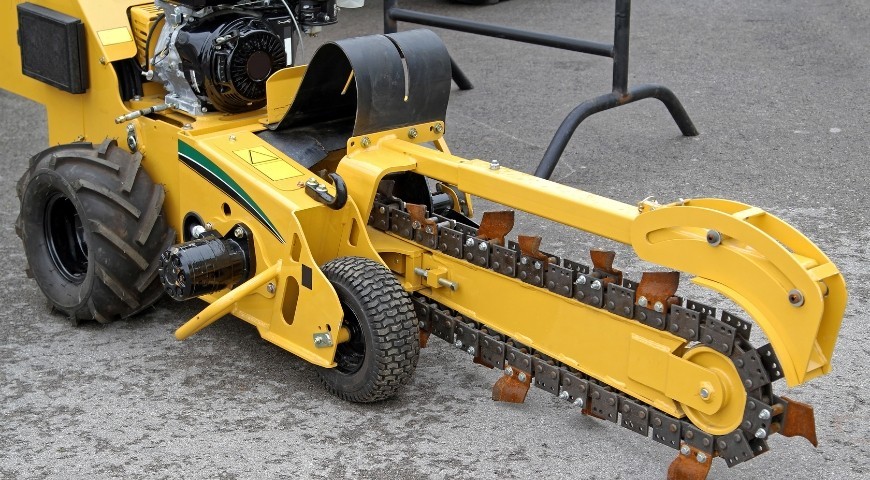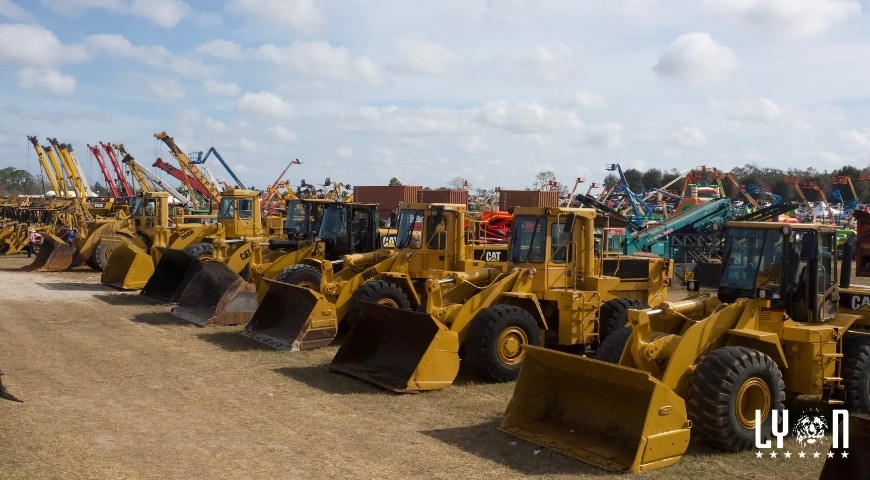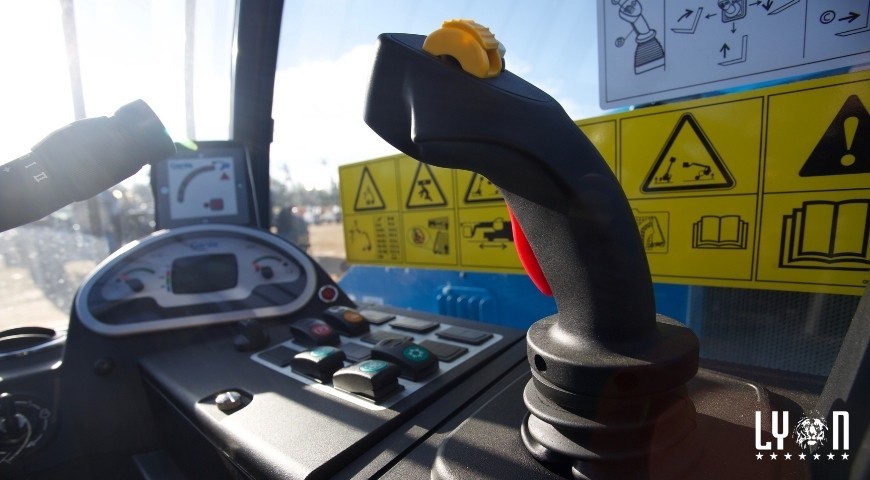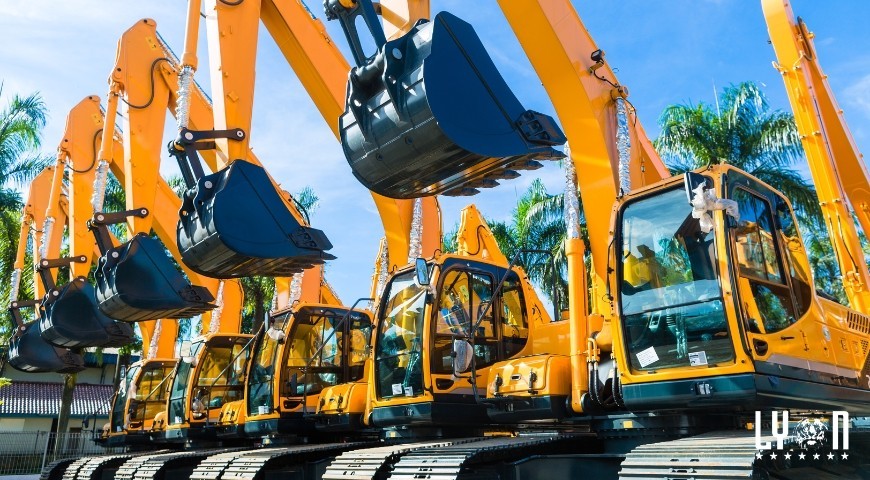You might be wondering, what is a trencher? In construction and excavation projects, trenching plays a crucial role in creating ditches or trenches for various purposes. The primary tool utilized for this purpose is a trencher. Let’s explore the world of trenchers, their functionality and the wide range of applications they serve across industries!
So, what is a trencher?
A trencher is a heavy-duty machine designed specifically for excavating trenches or ditches in the ground. It features a robust digging mechanism consisting of a rotating chain or a series of teeth that cuts through the soil, creating a narrow and precise trench. Trenchers come in various sizes and configurations, ranging from walk-behind models for smaller projects to large self-propelled units for more extensive excavations. They can be equipped with different attachments to accommodate specific soil types and project requirements, ensuring efficient trenching operations.
Functions and capabilities
Trenchers are versatile machines that serve multiple functions in construction, utility installation, landscaping and agriculture. They are primarily used to create trenches for purposes such as underground utility installations, drainage and irrigation projects, cable and fiber optic installations, and landscaping and hardscaping.
Trenchers are commonly employed for laying pipes, cables and conduits for water, gas, electricity, telecommunications and irrigation systems. They also aid in the creation of ditches for proper water management, preventing flooding and facilitating efficient irrigation in agricultural and landscaping applications. Trenchers are utilized for burying communication and data cables, fiber optic lines and other wiring systems. They’re also great for assisting in the installation of landscape lighting, sprinkler systems and edging for pathways or flower beds.
Types of trenchers
There are various types of trenchers to accommodate different terrain conditions and project requirements. There are chain trenchers, wheel trenchers and micro trenches. Chain trenchers feature a continuous digging chain with teeth that cut through the soil. They are suitable for softer soil types and offer high-speed trenching capabilities.
Wheel trenchers are equipped with a large wheel fitted with digging teeth; these trenchers are ideal for tougher soil conditions and rocky terrain. They offer greater stability and depth control. Micro trenchers are designed for shallow and narrow trenching, commonly used for fiber optic and small-diameter cable installations in urban areas.
Advantages and considerations
Trenchers provide several advantages in excavation projects such as increased efficiency, speed, precision, accuracy, versatility and adaptability. Trenchers significantly expedite the trenching process, reducing labor time and costs. They create uniform and precise trenches, ensuring consistent depth and width for various applications.
They can also be equipped with different attachments and cutting mechanisms to suit different soil conditions and project requirements. When utilizing trenchers, it is crucial to consider factors such as soil type, depth requirements and site conditions to select the appropriate trencher type and ensure safe and efficient operations.
Find the trencher you need at Lyon Auction
Now that we’ve answered “What is a trencher?”, you may now realize you need one for an upcoming project. Lyon Auction offers quality equipment at in-person and online auctions. Check out our upcoming auctions or contact us today with any questions!




